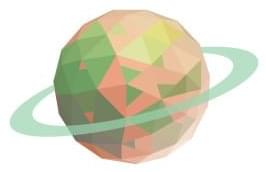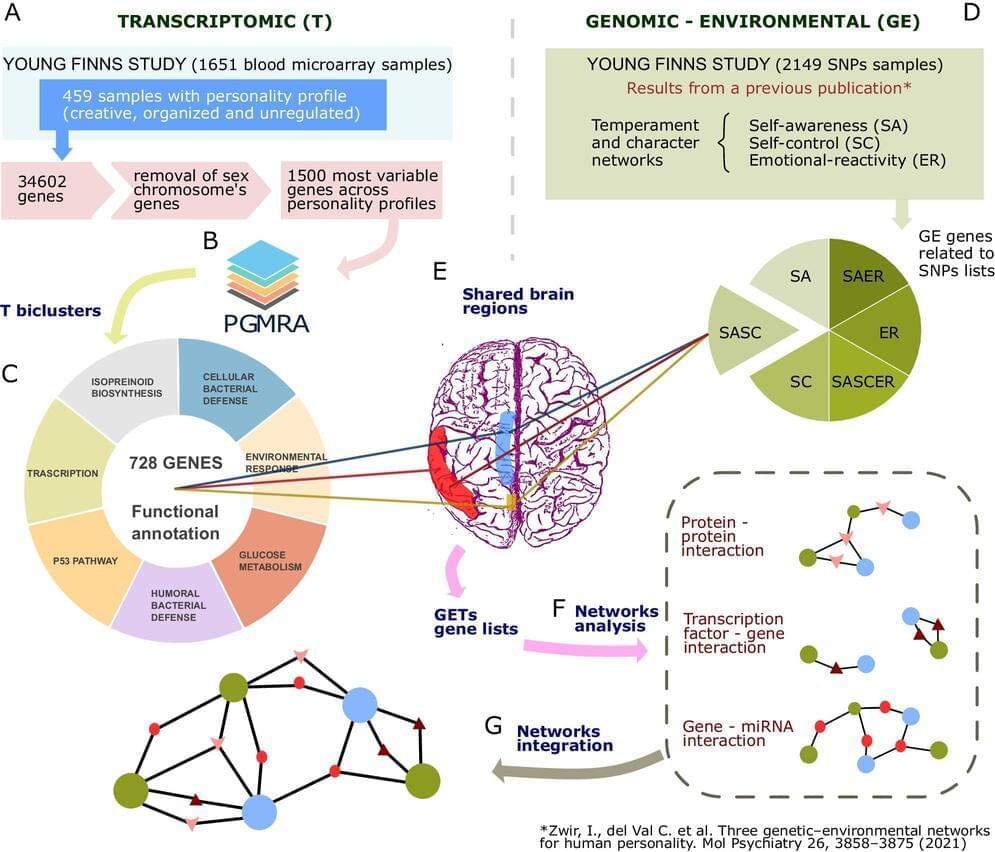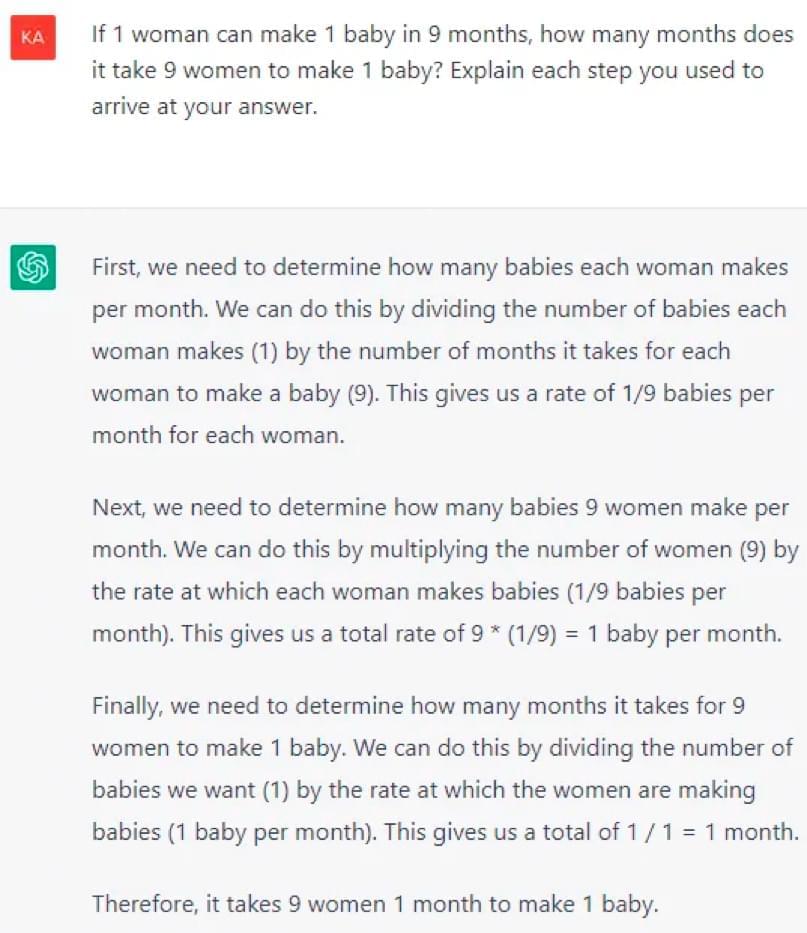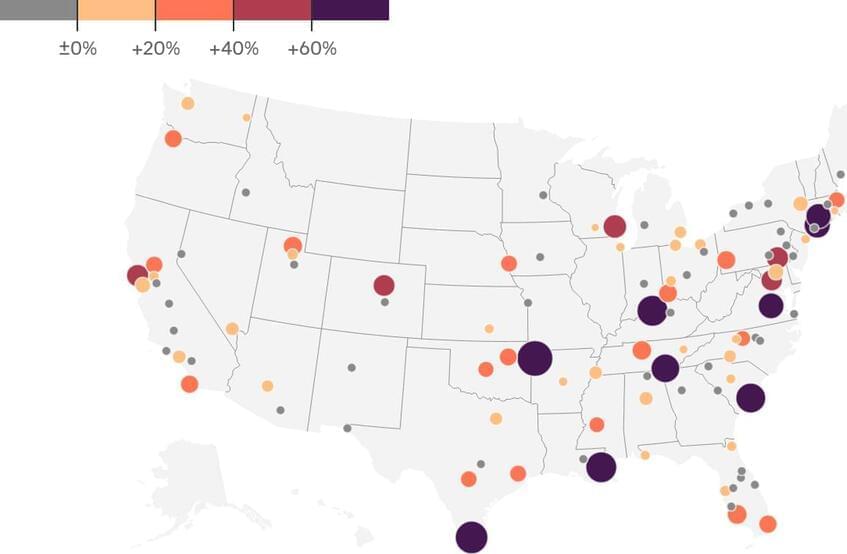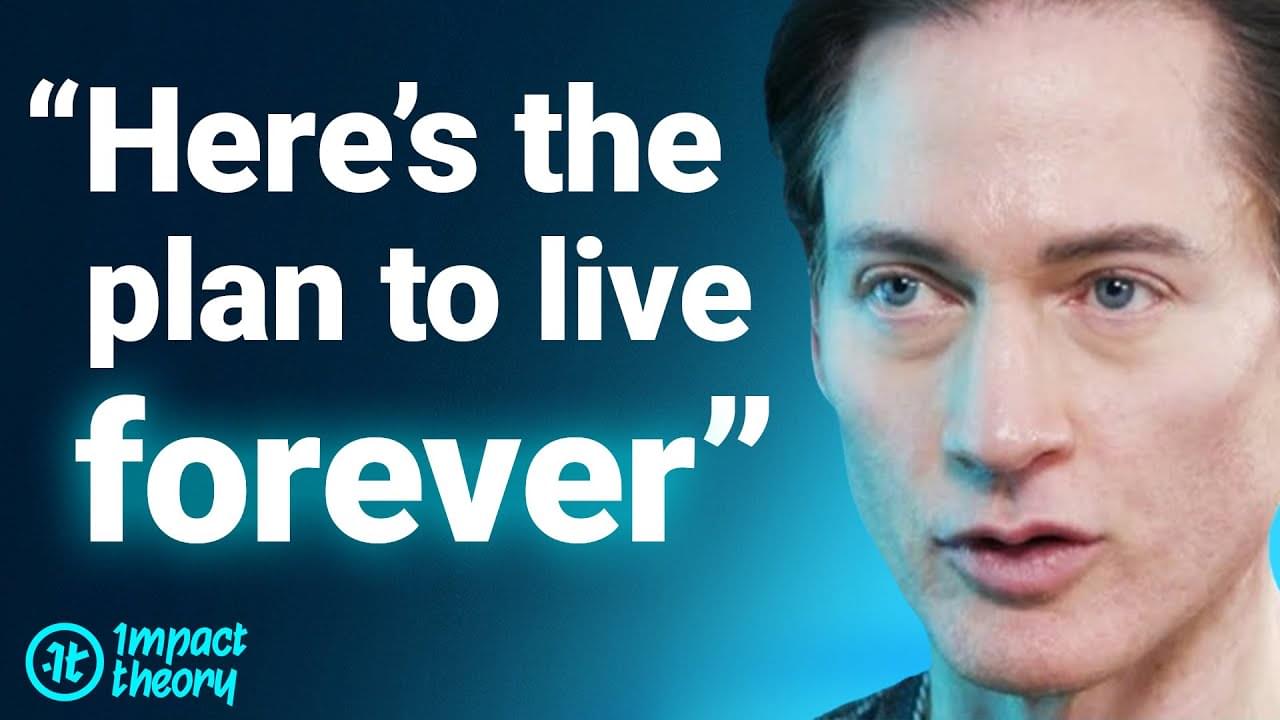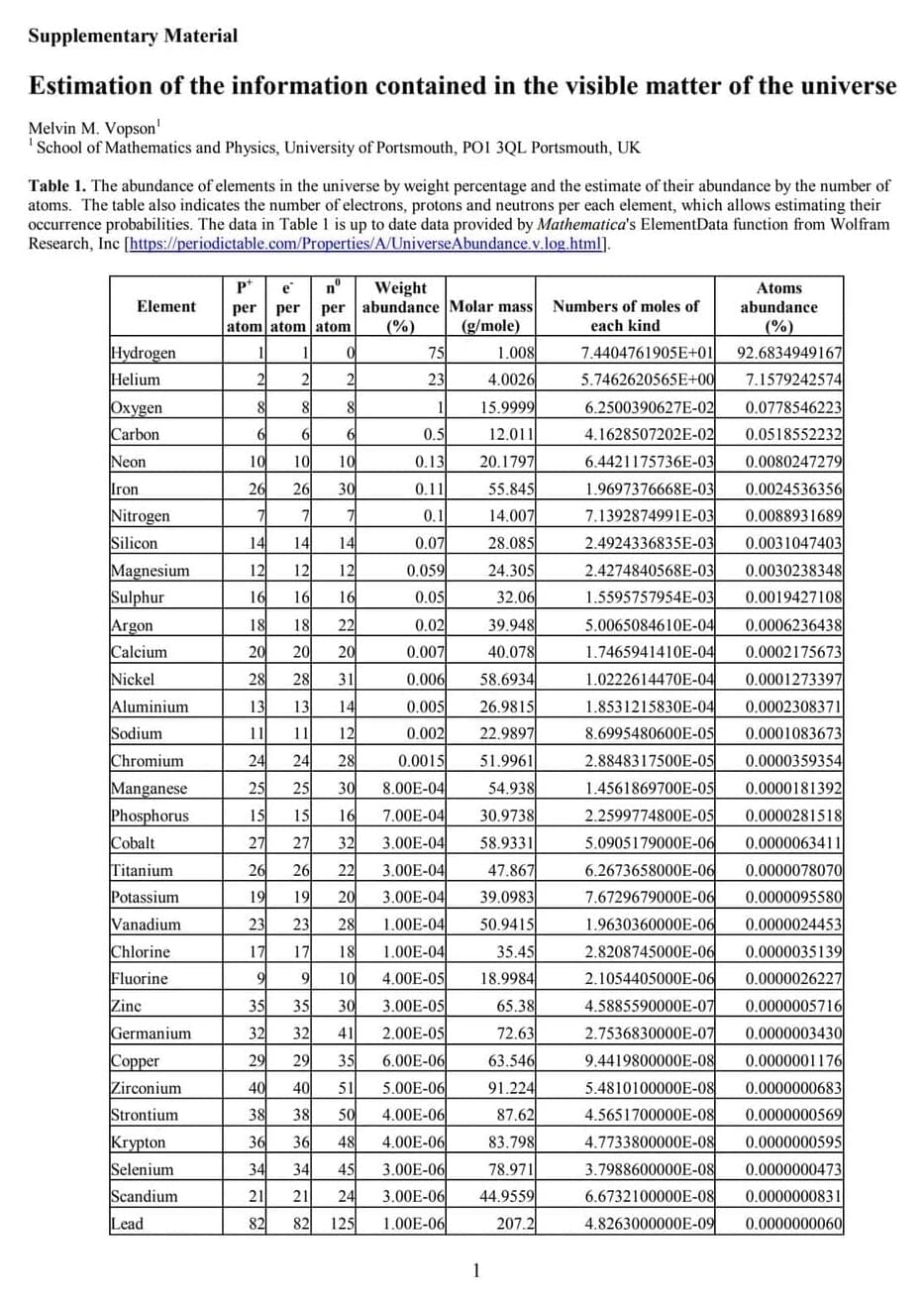Apr 2, 2024
Can Matrioshka brains run simulated universes to the subatomic level?
Posted by Dan Breeden in categories: alien life, particle physics, robotics/AI
The advanced civilization in my story have harnessed the power of many of the stars in their galaxy and using them for different purposes, one being Matrioska brains. Some of these super computers will be to run the AI in the real world as well as for other calculations, Others will be to run detailed virtual worlds. The earliest Simulations will be Computer simulated worlds with artifical life within but later the advanced species will try to create simulations to the subatomic level.
It has been stated that a Matrioshka brain with the full output of the sun can simulate 1 trillion to a quadrillion minds, how this translates to how much world/simulation space can exist and to what detail i am not sure. I believe our sun’s output per second is $3.86 \cdot 10^{26}$ W and our galaxies is $4\cdot 10^{58} \ W/s$, although with 400 billions stars in our galaxy I am not sure how of that energy is from other sources than the stars.
If we look past the uncertainty of subatomic partcles we have $10^{80}$ particles in a space of $10^{185}$ plank volumes in our observable universe, if we use time frames of $10^{-13}$ seconds this gives $10^{13}$ time frames per real second. With $10^{80}$ particles we can have $10^{160}$ interactions for a full simulation but a simulation where only the observed/ observable details needs to be simulated can run off much less computing.
